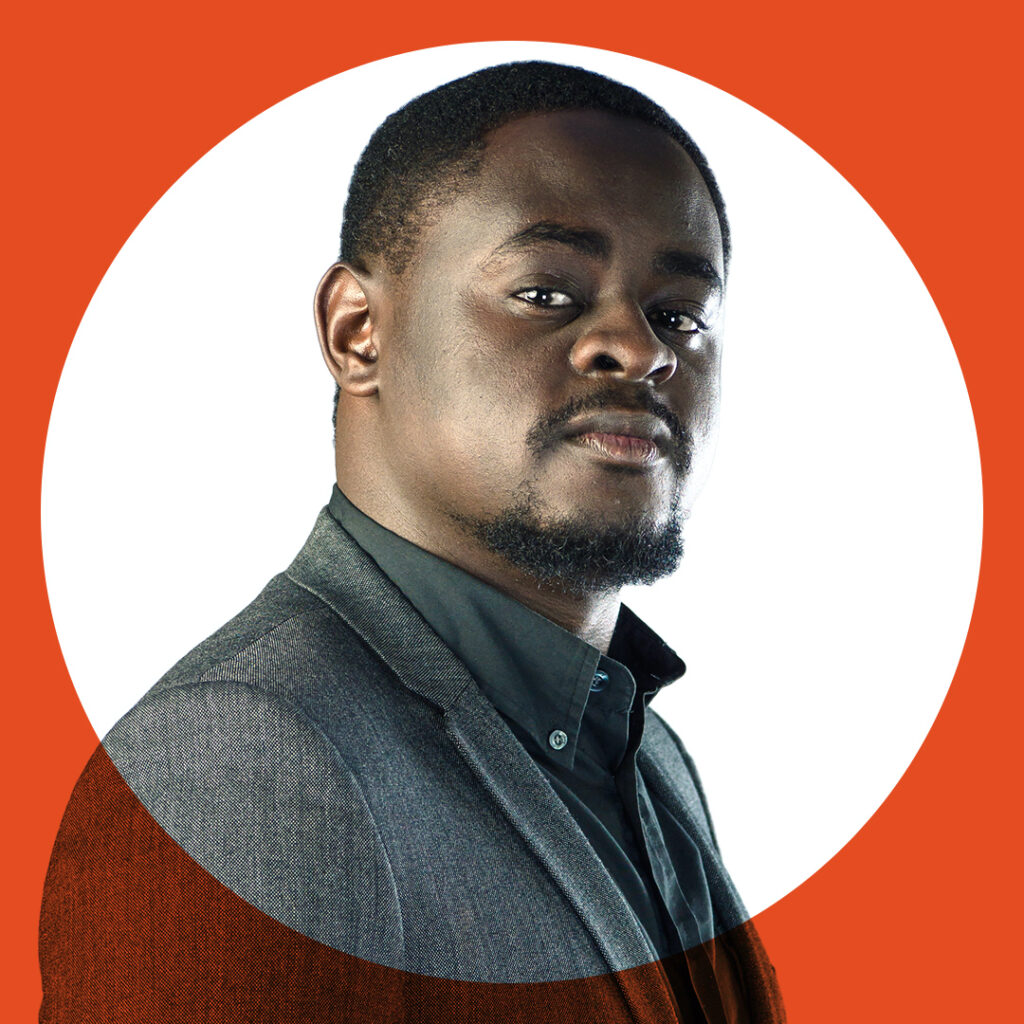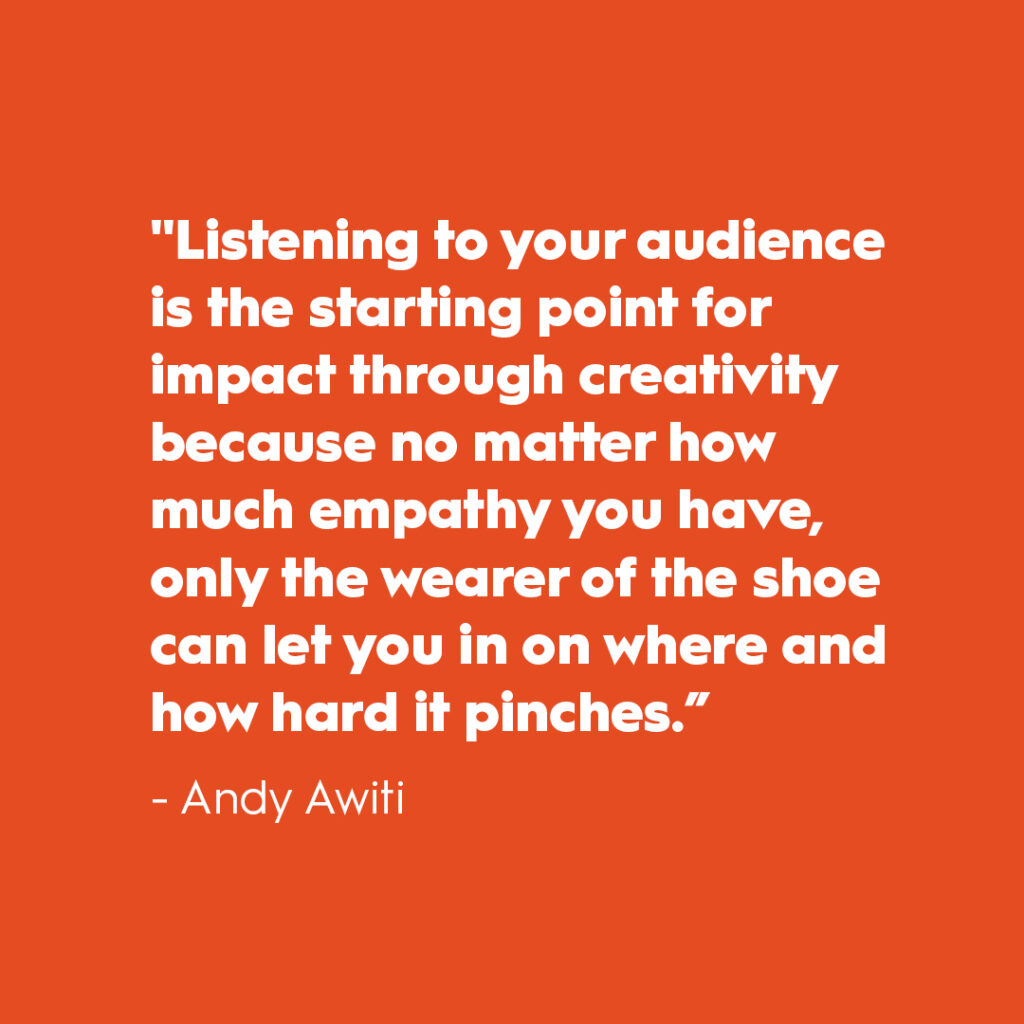Scope Q&A: Andy Awiti
Meet Andy Awiti, Scope’s Creative Strategist and the mastermind behind many of our strategic engagement campaigns. Based in Nairobi, some of his successes include #FormNiGani, the youth-led social mobilisation platform on family planning, and Kizazi Chetu, an intergenerational awareness creation campaign on cervical health. Before Scope, Andy worked as a brand and communications strategist in various advertising agencies where he led projects across research, design, advertising, and PR. He has experience launching new brands, steering market entry efforts, and revitalising businesses through rebranding and repositioning campaigns. We chatted with Andy to learn what it takes to build a successful campaign and why #FormNiGani is turning its focus on self-care.
What is your secret to creating successful advocacy campaigns for social change?
It’s all about creating that moment of trust. This is the point when your audience identifies with the campaign as either a vocalisation of their story and, therefore, a movement that they can get behind or a solution to an issue they feel needs to be addressed. I’ve learnt over time that the best way for brands, and even more so for social brands, to cultivate trust is through telling audiences’ stories as they are. Achieving this entails a deliberate effort of listening to and working together with your audience to identify a workable, relatable way forward. This is the starting point for impact through creativity because no matter how much empathy you have, only the wearer of the shoe can let you in on where and how hard it pinches.
You used to work with Scope on projects before joining us. What made you take the leap to become our full-time team member?
I honed my expertise in strategy by working on commercial brands and projects from dairy, sports, and real estate to aviation, pharmaceuticals, and financial services. It’s great working for big brands in these sectors, but the effect on people’s lives is often far removed from the work you do as a creative or brand custodian. Working on #FormNiGani between 2017 and 2020 was an eye-opener as to what more there is to achieve when brand objectives shift towards driving change around what actually drives the well-being of people – in this case, the youth, and as my work with Scope expands, a broad spectrum of historically marginalised groups.
Being part of the Scope team has been an exciting experience. My viewpoints on issues and approaches to my thinking are constantly expanding and evolving with the interdisciplinary approach that forms the basis of all the projects in which I have been involved. And as I grow older, the desire to impact lives as a purpose becomes more nagging. More than a new challenge, working with Scope is a satisfying use of the skills I have developed.
You are working on #FormNiGani to mobilise youth behind contraceptive self-care. Why is focusing on self-care important?
At its core, self-care is about building agency among individuals through the availability of the right information as well as timely and affordable access to resources to manage their health and determine their futures. In #FormNiGani, and the context of reproductive self-care, this becomes especially important in light of a pandemic that has seen contraceptive use among women decline in the recent year, as a result of disruptions caused by the pandemic, according to findings by the Kenya Health Indicator Survey. Beyond contraception, there is evidence of disparities in social and economic incomes due to the varying levels of access to quality healthcare among Kenyans.
From a public health perspective, self-care accelerates the inclusion of individuals in low-resource settings and a broad range of historically marginalised populations in quality health services. With the understanding of the existing gaps in public health systems, self-care allows for innovation and collaboration beyond the formal health system through the more accessible informal networks. These pathways bring societies closer to the goals defined around universal health coverage, primarily the increased productivity of human capital for sustainable political, social, and economic growth.
Back to news
